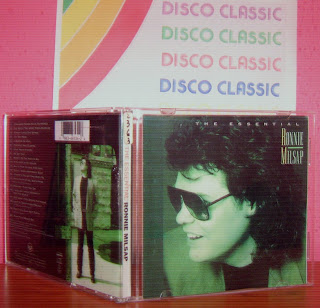

.jpg)

He took his first step toward this goal at 14 when he bought a guitar and learned some rudimentary chords. Even as a young boy, he would listen to the music and try to visualize himself as a performer. One escape that he had from those and other worries was the music he heard on the radio in the 1930s and early '40s. Gibson was hopelessly shy all through life, defensive about his appearance - to the point where, as a boy or a young man, he would avoid walking into places that were too crowded - and also about his voice, which was characterized by a very bad stutter while he was growing up. And for all of his professed desire, even at a young age, to break away from a life on the farm, he was hindered by terrible emotional insecurity. He ceased attending school regularly after the second grade, a decision that he regretted in the years to come - perhaps in compensation, Gibson subsequently became a voracious reader across much of his adult life. His father, a railroad worker, died when Gibson was just two years old, and his mother remarried in the early '40s, when Don Gibson was still a boy - by that time, the family survived as sharecroppers, but even as a boy the youngest Gibson hated farming, and as he grew older he made the decision to get as far away from it as possible. He was born Donald Eugene Gibson in Shelby, NC, the youngest of five children of Solon and Mary Gibson. For nearly a decade after his first hit single, "Sweet Dreams," in 1956, he was a reliable hitmaker, and many of his songs have become country classics - they have been covered by a wide range of artists, including Patsy Cline, Ray Charles, Kitty Wells, Emmylou Harris, Neil Young, and Ronnie Milsap. Gibson's music touched on both traditional country and highly produced country-pop, which is part of the reason he had such a broad audience. Singer/songwriter Don Gibson was one of the most popular and influential forces in '50s and '60s country, scoring numerous hit singles as a performer and a songwriter.


 0 kommentar(er)
0 kommentar(er)
